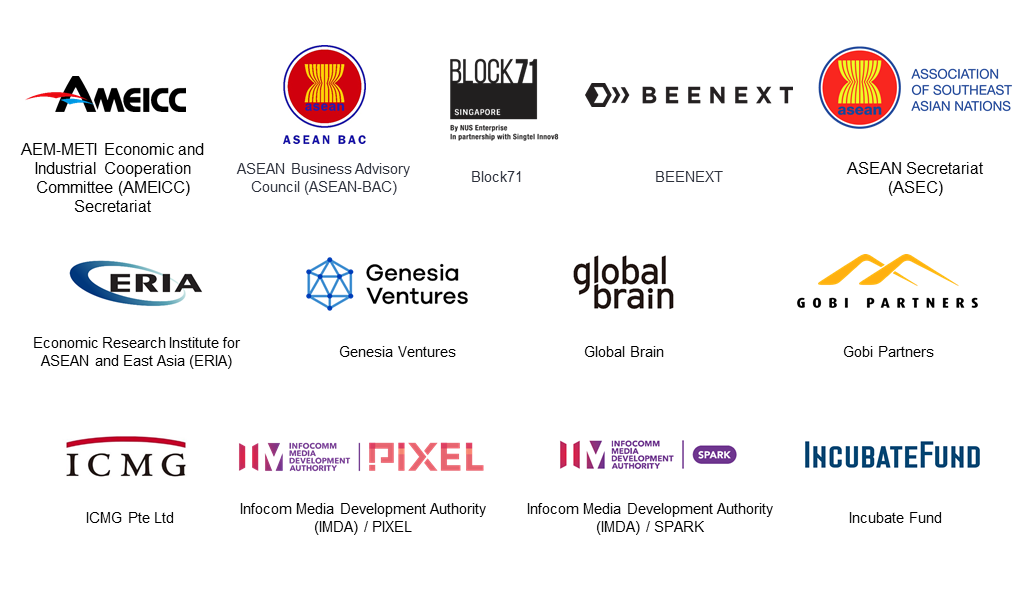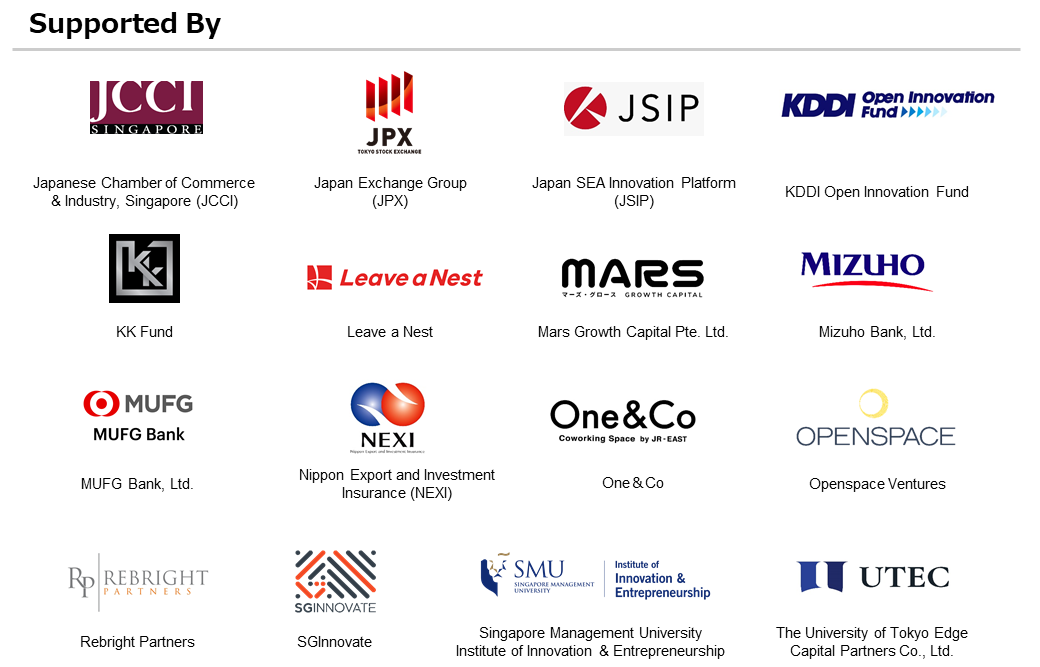- Home
- News Releases
- Back Issues
- February FY2023
- METI launches “ASEAN-Japan Co-Creation Fast Track Initiative” to accelerate global open innovation of Japanese companies/startups
METI launches “ASEAN-Japan Co-Creation Fast Track Initiative” to accelerate global open innovation of Japanese companies/startups
February 15, 2023
Released by JETRO Simultaneously
The Ministry of Economy, Trade and Industry (METI) and The Japan External Trade Organization (JETRO), co-organising with Singapore government agencies, hold the first “Singapore-Japan Fast Track Pitch Event” in Singapore as a part of the “ASEAN-Japan Co-Creation Fast Track Initiative” to accelerate global open innovation of Japanese companies and startups.
1. Overview
In ASEAN, which is expected to become a growth center, driving the world economy, leapfrogging startups have been creating many innovations that solve social issues by utilizing digital technology in a wide range of fields such as logistics, payments, and finance. In addition, due to the young population structure and rapidly rising income levels, the size of the middle-income population that enjoys an affluent consumer lifestyle, especially in urban areas, is increasing.
For Japanese companies, it is becoming crucial to develop strategic collaboration with startups that are achieving rapid growth so that they can incorporate innovations that are newly created in the ASEAN region and improve their competitiveness in the growing ASEAN market.
With this understanding and taking the opportunity of the 50th anniversary of ASEAN-Japan friendship and cooperation this year, METI and JETRO have decided to launch the “ASEAN-Japan Co-Creation Fast Track Initiative” to support the creation of open innovation through collaboration between startups and large companies from both ASEAN and Japan. This initiative proposes a new format of cooperation with ASEAN countries to create new innovations.
Moreover, at the Japan-Singapore Economic Dialogue (JSED) held today, both sides affirmed further cooperation in the startup area. As a tangible collaboration project of the JSED, the first Singapore-Japan Fast Track Pitch Event (the "Fast Track Pitch Event") will be held in Singapore and co-organized by METI, JETRO, the Singapore Ministry of Trade and Industry, Enterprise Singapore, and Singapore Economic Development Board.
Under the ASEAN-Japan Co-Creation Fast Track Initiative, startups will have the opportunity to (1) receive support not only from Japanese organizations such as JETRO, but also from the government agencies of ASEAN countries, and (2) access not only major Japanese companies but also a wide range of startup ecosystems, including global companies based in ASEAN.
2. The Fast Track Pitch Event in Singapore
At the first Fast Track Pitch Event in Singapore, 8 companies in total, including companies from Japan and Singapore-based global companies, provide challenges based on each company’s needs to create open innovation and call for solutions to each challenge from participating startups.
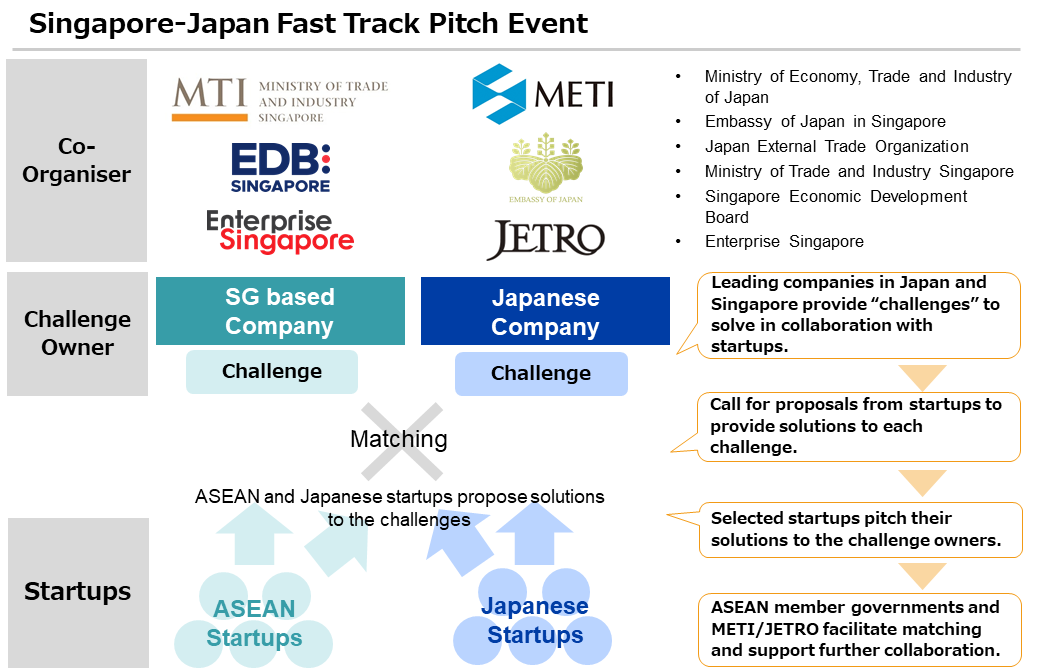
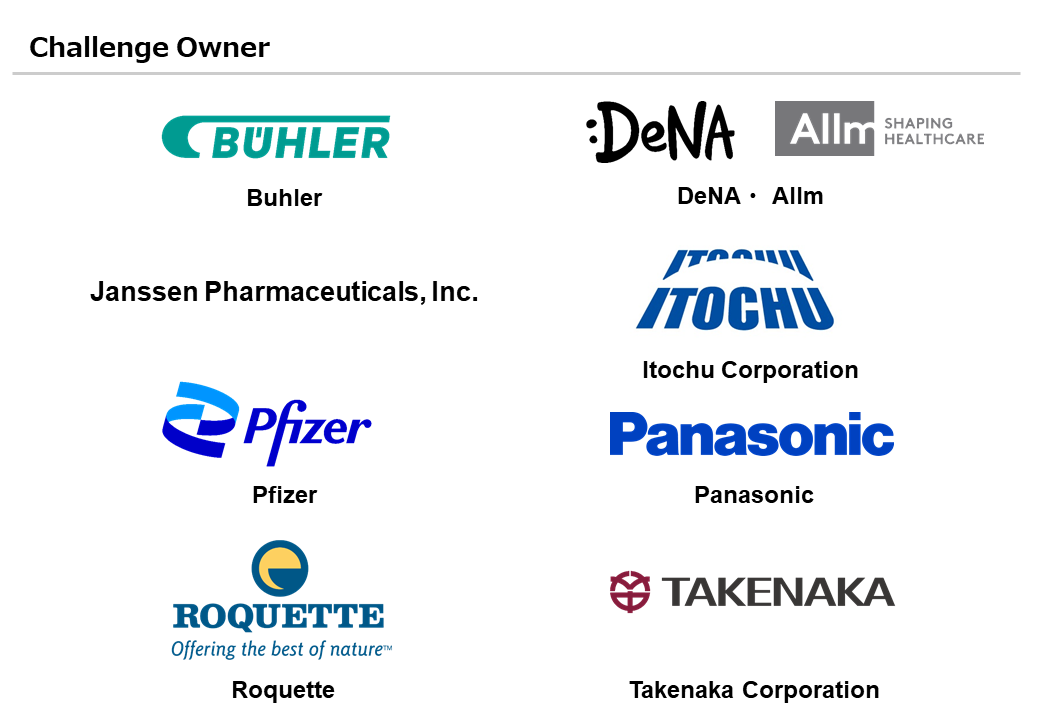
Today, each company's challenges were announced on the following JETRO’s special website and the application process was opened for startups to submit proposals. Startups can submit their proposals through the special website. The deadline for proposals is March 19th, 2023.
More information on the event, including the schedule of the pitch day, will be announced on the special website.
3. Overview of each challenge
| Challenge Owner | Challenge |
|---|---|
 |
Creating a circular economy in the agri-food value chain. Challenge 1: How do we streamline and identify processes for food component extraction and direct nutrient recovery of high value ingredients? Challenge 2: How do we create sustainable higher value ingredients for applications of insect-based products? Challenge 3: How do we improve the quality, efficiency, cost and availability of bioprocessing technologies for fermentation and cellular agriculture (i.e., cultivated meat) applications? |
 |
Solutions that enable or support care/diagnosis by health service providers in lower-level facilities. We are looking for technologies such as: point of care IoT sensor test devices, AI for diagnosis support, etc. |
 |
Challenge1: Co-creating a supporting platform for medical doctors in ASEAN As ITOCHU has a platform for supporting medical doctors in ASEAN such as clinical knowledge sharing, learning facilitation etc thorough our affiliated company, we would like to have a partner providing services for medical doctors to add more value and co-create a unique platform to our members of medical doctors. Challenge2: Collaboration with DTx companies. ITOCHU also owns CRO company with more than 1,000 employees, which has provided clinical trial services mainly in Japan over 20 years with DTx (Digital Therapeutics) and has also gained clinical trial experience through them. We are seeking a DTx vender in ASEAN who would like to expand their business in Japan, as we can support NDA (New Drug Application) and sales and marketing in Japan. |
 |
Worldwide, cancer cases and mortality are expected to increase significantly due to aging and increasing populations, with over half of new diagnoses already occurring in Asia. Thanks to scientific advances and new collaborations, there's reason for hope —and the Janssen Pharmaceutical Companies of Johnson & Johnson are at the forefront of this crucial work. To advance the next generation of innovations, Janssen is seeking to partner with companies with scientific assets under development ((1 year to IND or later stage) in accelerating science and treatments to address hematologic malignancies, including B-cell malignancies, plasma cell malignancies, and myeloid malignancies, as well as solid tumors, such as prostate cancer, non-small cell lung cancer, bladder cancer and colorectal cancer. |
 |
With Panasonic’s more than 20 years of experience in the elderly care business, we have a renewed awareness of the importance of how to shorten the periods of time in which people need direct nursing care and how to prevent them from becoming reliant on such care. We are looking for a partner to promote advanced and unique solutions to improve and support physical functions and eating habits of the elderly. |
 |
Challenge 1: Background & Rationale The ongoing COVID-19 pandemic is a stark reminder of the importance of building more resilient health systems that are prepared for a wide variety of public health threats. Economies in Asia have demonstrated resilience and growth driven in large part by COVID-19 vaccination and treatment strategies; however, it is important to sustain investments in health—through prevention, treatment, and preparedness measures—to ensure healthy people and healthy economies. Problem Statement How might we collaborate with healthcare professionals (public and private) and help the general public develop and sustain a strong awareness of and immunity against highly infectious diseases (especially respiratory illnesses), and importantly, gain timely access to diagnosis and effective treatments? Challenge 2: Background & Rationale Rare diseases remain largely underrepresented and underserved by healthcare systems around the world, especially in developing economies. In addition to limited disease awareness, other factors such as the lack of a thorough understanding of care outcomes as well as the cost and burden to not just individual patients, but society, have led to under-diagnosis and mistreatment. Problem Statement How might we apply the latest innovation to better monitor and measure the outcomes of rare disease interventions; incorporate patient experience in value assessment; and support (public and private) healthcare payors’ reimbursement decisions? Challenge 3: Background & Rationale The large volume and complexity of operational procedures, manuals and process documents in our purview require a deep understanding of the various structures, content, and use cases for each. Providing timely, detailed responses to colleague questions that arise, inclusive of appropriate referencing, is currently a very labour-intensive task. Problem Statement To partner with experts in AI/NLP who can build a digital assistant capable of answering questions on documents related to the healthcare and pharmaceutical industry. Those responses would then refer back to the content location where that automated answer was found. |
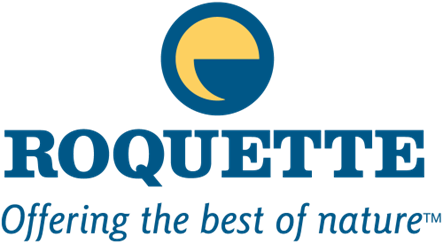 |
Challenge 1: One of the key segments we want to focus on for plant proteins is meat alternatives. This plant-based meat market in Asia is still niche, but emerging. Consumer interest is high however the main barriers for consumption are taste and texture predominantly, and color as secondary. Consumers expect the sensory experience to be similar to real meat; however, products in the market still have this gap which manufacturers are not yet able to solve. The challenge: To find a technical solution that will improve the taste, texture and color to be able to meet consumer expectations. Challenge 2: Here in APAC, more than 2/3 of the consumers are concerned about health issues of obesity and diabetes. Consumers are trying to make better food choices such as staying away from sugary products, especially sugary drinks, and therefore, product claims of “Low/reduced/no sugar added” influence their purchase decisions. The challenge: To find solutions to address this consumer need in the beverage category. Challenge 3: Sustainability is a key issue in our world today and there is a need to address this from many different job functions[W8] . One of the key areas to address sustainability is in the laboratory where we are generating a lot of waste from food products and consumables. Today, in the food lab and pharma lab, we are generating a lot of waste from single-use plastics, containers, pipettes, tasting cups, and also power usage to keep the lab running. The COVID-19 pandemic also pushed the hygiene practices in the lab to even higher levels, generating a lot of single-use consumables like disposable lab coats and various sanitizing items. There needs to be a review of best lab practices to reduce the waste generation and alternative ways of working to achieve sustainability goals. The challenge: To find solutions and implement changes in our practices/processes to be more sustainable |
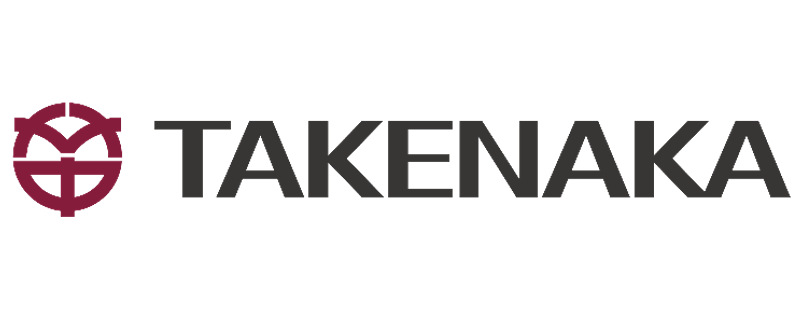 |
As a solution for an aging society with a declining birthrate, healthy communities are being created all over the world. In Japan and other developed countries, the increasing burden of social security costs on the working-age population due to the aging of society is a common social issue, and health is becoming a growing concern not only for individuals and companies, but also for national and local governments. The WHO identifies physical health, mental health, and social health as three indicators of health, and technological development for monitoring human health using sensing technology has been progressing. While there are many sensor technologies that can be used for evaluating physical and mental health, such as pedometers and heart rate variability monitors, there are few technologies for evaluating social health. Therefore, TAKENAGA is working on the sensing of human relationships and the communication behaviors in a building and/or a community as an indicator of social health. We would like to evaluate the impact of improving social health on individual health, and implement the technology throughout society. We aim to make the indicators or the monitoring methods developed by TAKENAGA the de facto standard for WELL-building design or WELL-urban design, and that the widespread use of these indicators and monitoring methods will attract ESG investment and contribute to the enhancement of real estate values in the future. Challenge 1: Systems that can sense relationships among building users, or sensing technologies that can be used for that purpose: We are exploring the following technologies. - Technologies to estimate actions based on numbers of people, population density and movement directions of building users. - Technologies to estimate relationships based on the distance and direction of movement between building users. - Technologies to estimate emotions based on facial expressions and/or other monitoring items, such as sounds of conversation etc. Challenge 2: We have been attempting to evaluate interactions based on emotions estimated from facial expressions as a research project, but it is difficult to continuously evaluate dynamic objects. In addition, it is difficult to obtain data in a privacy-conscious manner and to output the data. |
4. Supported By
The Fast Track Pitch Evet in Singapore is supported by the following partners from the startup eco-systems in ASEAN and Japan.
